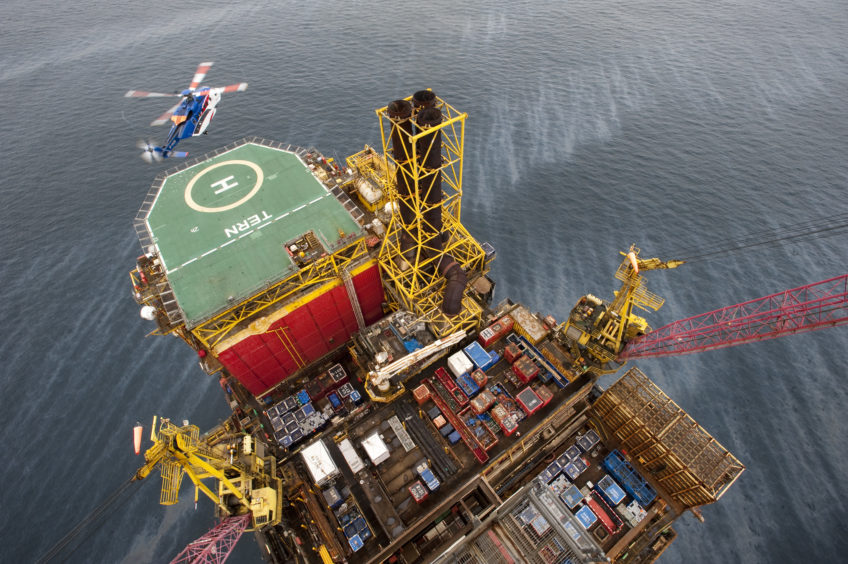
Taqa has taken a £339million write-down in the value of its North Sea assets as a result of Covid-19 and the oil downturn.
The firm, which operates several platforms across the region, disclosed the impairment in the latest set of accounts for its UK oil and gas subsidiary, Taqa Bratani.
In March 2020, the declining oil price, caused by the global Covid-19 pandemic was considered an “impairment trigger” by the firm.
Therefore, it said, “an impairment to the value of $451,000,000 (pre-tax) (£339m) was posted to reduce the value of the assets on the Balance Sheet”.
Taqa revealed the £339million hit as a post-period event to its 2019 financial year accounts, so it is not yet clear how the impairment will impact its bottom line for 2020.
However, for comparison, the firm said its cash balance at the end of 2019 was $644.2million (£485.1million) while pre-tax profits totalled £80.5m, on revenues of £632.7m.
Abu-Dhabi headquartered Taqa, whose UK operations base is in Aberdeen, said the Covid-19 impact could hit profits.
It said: “After the balance sheet date, we have seen macro-economic uncertainty with regards to prices and demand for oil, gas and products as a result of the Covid-19 outbreak.
“The scale and duration of these developments remain uncertain but could impact our earnings, cash flow and financial condition”.
Taqa operates several North Sea fields via a series of platforms, though many are in or due to enter the decommissioning phase.
The firm has submitted decom plans for its North Cormorant, Tern and Eider installations. The company also operates Cormorant Alpha, whose topside decom plan is being drafted, and Harding.
In October Taqa also took on the Greater Brae Area – comprising the East Brae, Brae Alpha and Brae Alpha – following a legal dispute with RockRose Energy.
Brae Bravo is no longer operating and is due for removal next year.
Recommended for you

